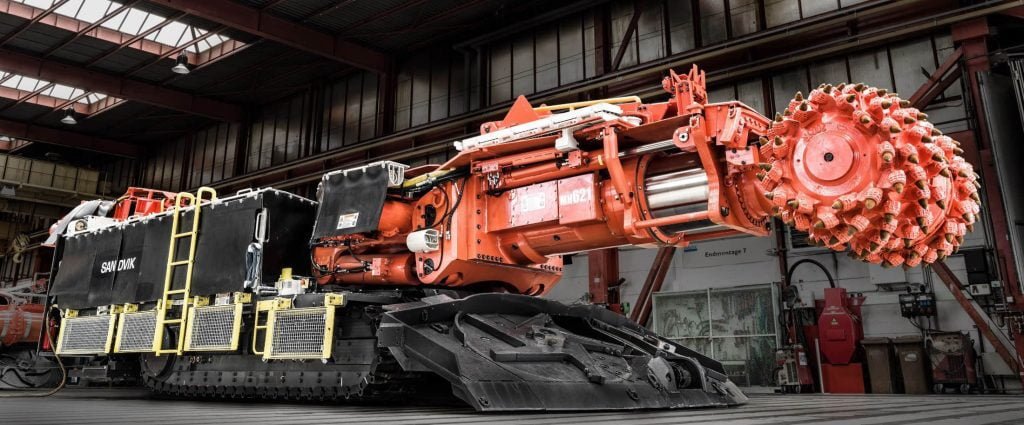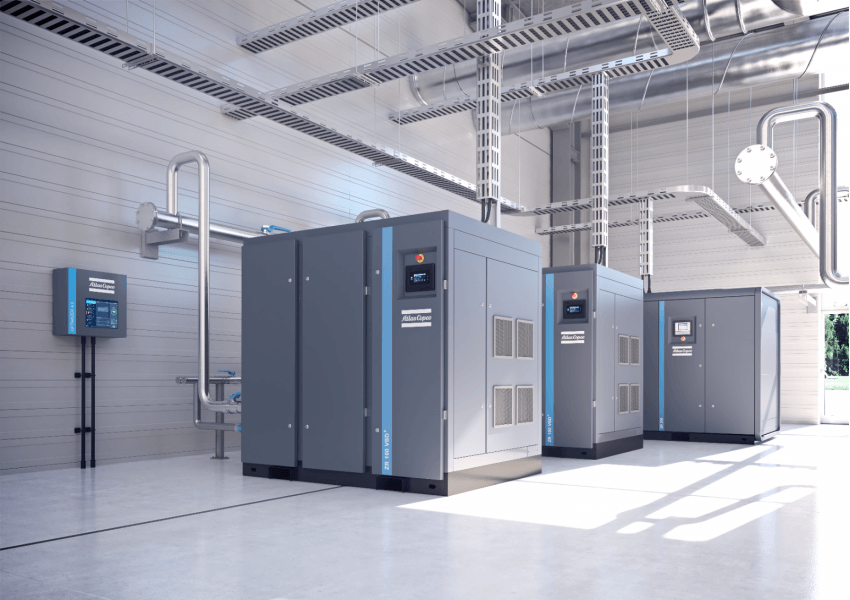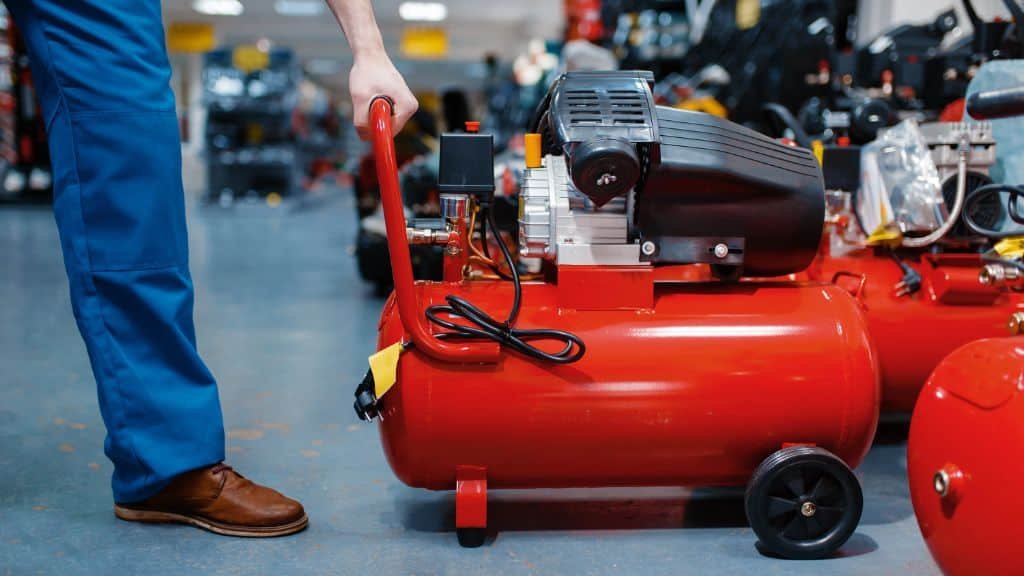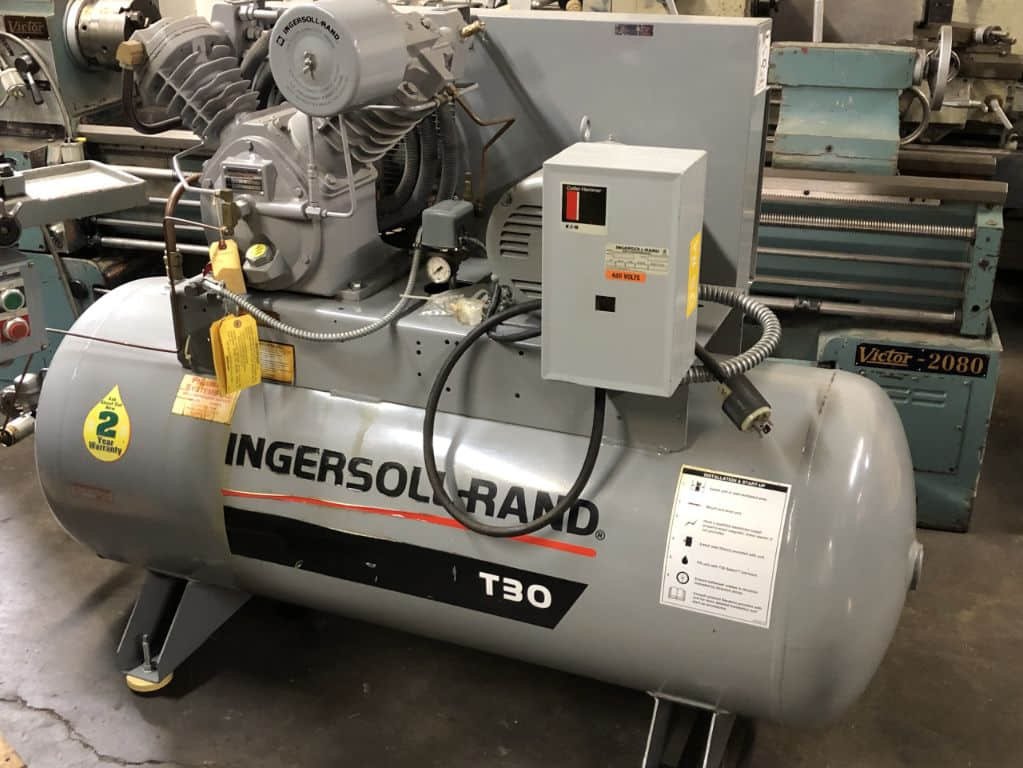Air compressors are a crucial component in many food processing operations. They are used to power equipment, control machinery, and transfer ingredients, among other functions. However, the use of compressed air in food processing also presents certain risks to the safety and quality of the final product.
In this article, we will explore the role of air compressors in food processing and the steps that should be taken to ensure quality and safety are maintained.
The Benefits and Risks of Air Compressors in Food Processing
Air compressors play a critical role in many food processing operations. They are used to power food packaging machinery, control mixing and blending equipment, and dry and clean food processing equipment through air blowers. Compressed air is also used for transporting food products through pneumatic systems.
However, the use of compressed air in food processing operations must be balanced with strict hygiene and food safety guidelines. Contaminants, such as oil drops or moisture in the compressed air, can cause contamination if not handled carefully.
Understanding Food Safety Guidelines and Regulations Related to Air Compressors in Food Processing
Food safety guidelines and regulations not only govern the manufacturing and handling of food products but also include the use of compressed air in food processing facilities.
Food safety guidelines mandate that food processing facilities should have compressed air systems that comply with the safety guidelines laid out by the U.S. Food and Drug Administration (FDA), and Food Safety Modernization Act (FSMA) regulations.
The guidelines for compressed air systems include keeping pipes clean and dry. Using filters to remove moisture and contaminants to prevent them from contaminating the compressed air. Additionally, regular checking for air compressor leaks, especially oil leakage and water droplets.
Maintaining compressed air systems in food processing facilities is important to guarantee food safety and quality.
Ensuring Compressed Air System Maintenance in Food Processing Facilities
Proper maintenance of air compressors in food processing facilities helps to minimize the risks associated with compressed air use.
Facilities should perform air compressor maintenance according to the manufacturer’s recommendations and keep maintenance records to help guide periodic checks and repairs.
Maintenance tasks include cleaning and replacing air filters, maintaining a clean and dry environment surrounding the air compressor, and monitoring the pressure setting of the air compressor.
Hygienic Compressor Design and Care
When installing an air compressor system in a new food processing facility, it is important to consider the hygienic design of the compressor.
Industrial air compressors used in the food industry should be constructed with materials that are appropriate for food processing applications. They should be designed for easy cleaning, disinfection, and maintenance to prevent any food contamination.
Care should be taken by facilty managers to keep the surfaces of compressed air linked equipment cleaned, to avoid the spread of bacteria and contamination between different surfaces and products.
Conclusion
Air compressors play an important role in many food processing applications. They ensure efficiency and accuracy, and when maintained properly, ensure safe operations.
By adhering to guidelines and conducting regular maintenance procedures, the expected life expectancy and productivity of air compressors can be increased. As a result, safety and quality in the food processing industry can be guaranteed.




